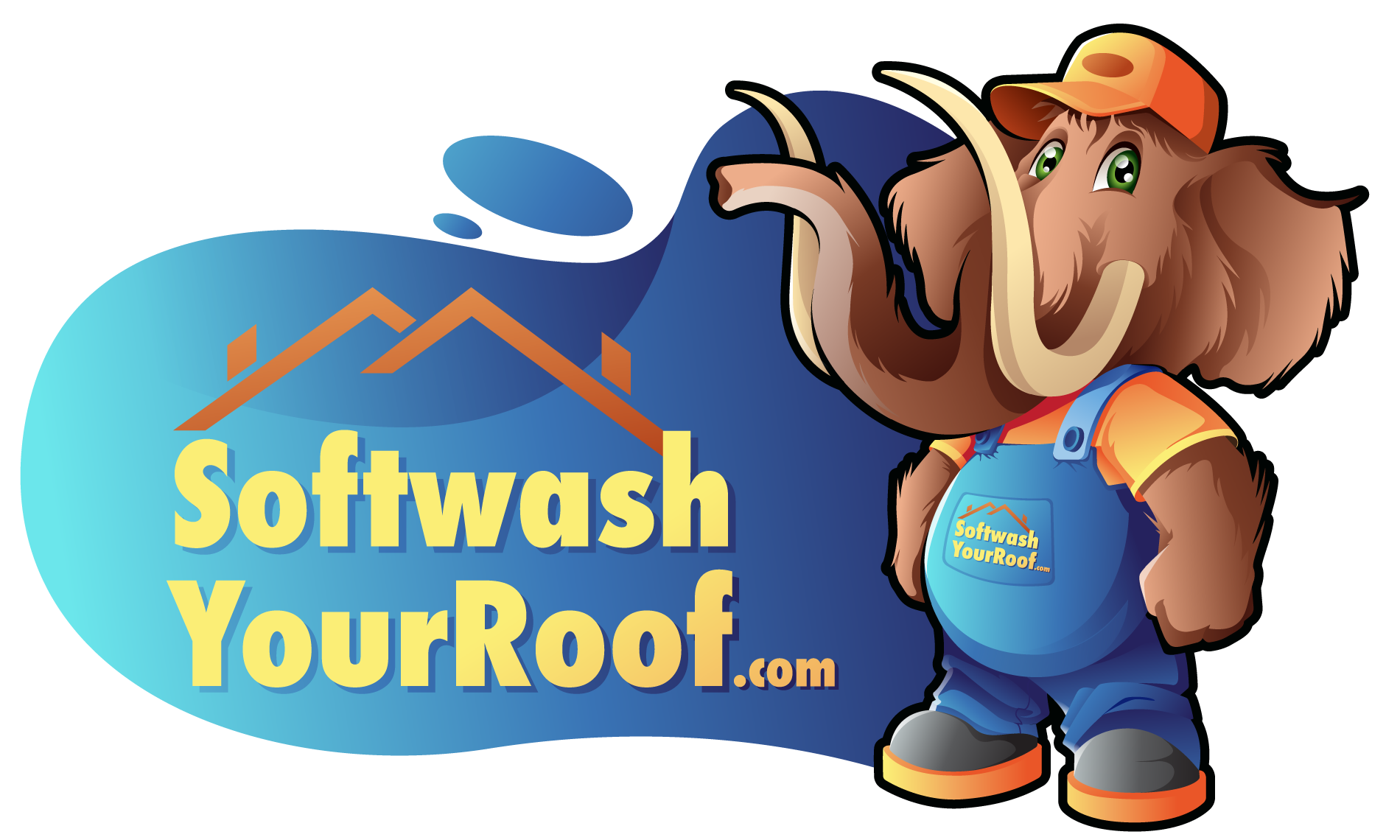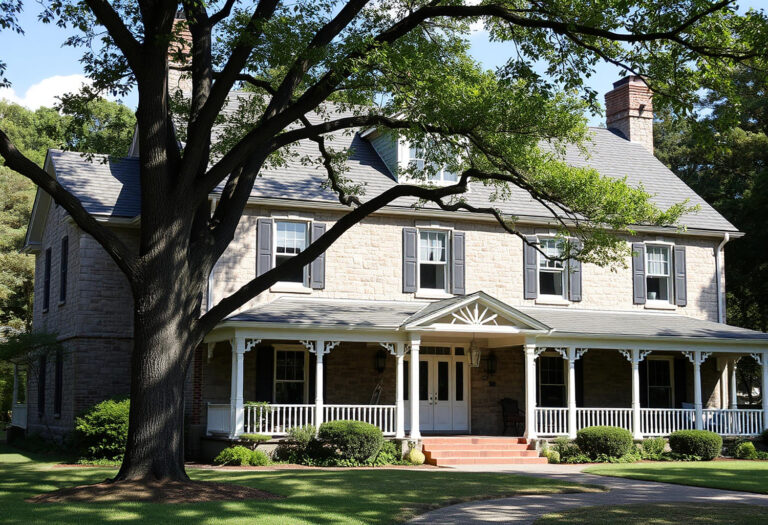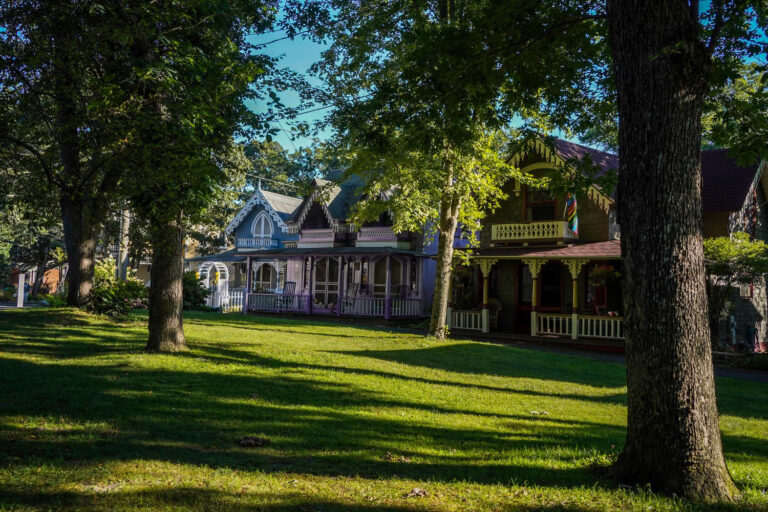Ultimate Guide to Soft Washing Chemicals(2024)
Top Soft Washing Chemicals for Removing Algae and Mold
When faced with the unsightly growth of algae and mold in our homes, we often wonder how to effectively tackle the issue. This is where the importance of soft-washing chemicals becomes evident. These powerful solutions, which I've come to appreciate through years of experience, are not just about aesthetics. They are essential for maintaining the integrity of our homes and preventing long-term damage.
In this article, I'll share my top picks for soft washing chemicals that do the job. We'll dive into sodium hypochlorite for pressure washing, explore the importance of surfactants, and discuss why neutralizers are crucial in the soft wash system. I'll also touch on odor-masking agents and plant protection products because, let's face it, we want clean surfaces without harming our gardens. By the end, you'll have a solid grasp of chemical dilution and surface preparation to make your next cleaning project a breeze.
Sodium Hypochlorite (Bleach)
I've been using sodium hypochlorite, or bleach, for years in my soft washing business, and let me tell you, it's a game-changer. This pale greenish-yellow liquid is my go-to for tackling tough algae and mold. It's incredibly effective at breaking down organic matter and disinfecting surfaces. I've found that it's safe for most roofing materials and sidings when appropriately diluted. But here's a pro tip: be extra careful with wood surfaces to avoid damage. I once made the mistake of using too intense a concentration on a wooden deck – lesson learned!
Surfactants

I've learned that surfactants are the unsung heroes of soft washing. These surface-active agents are game-changers when cleaning stubborn dirt and grime. I remember using a surfactant in my cleaning solution the first time – it was like magic! The water spread evenly across the surface, penetrating deep into the material's pores. It's all about reducing surface tension, you see.
Surfactants have an excellent dual nature—one end loves water, the other hates it. This unique property helps create tiny emulsions that trap dirt, making it a breeze to rinse. I've found they're handy for tackling those tricky vertical surfaces. The foaming action helps the solution cling longer, giving it more time to break down the nasty stuff.
When choosing a surfactant, I'm a big fan of scented options. They mask that bleachy smell and leave everything smelling fresh. My favorite is the apple-scented “Southern Twang” – it works wonders and leaves the place smelling like an orchard!
Bleach Neutralizers
I've learned that bleach neutralizers are a game-changer in soft washing. After a mishap that left my equipment corroded, I now swear by these lifesavers. They're not just for protecting gear but also for safeguarding plants and surfaces. For most applications, I mix about 2-4 oz per gallon of water. It's incredible how they stop those pesky bleach streaks and prevent damage. Plus, they've saved me a ton on equipment repairs. Trust me, if you're in the soft washing biz, you can't afford to skip this step. It's all about balance – clean surfaces without worrying about bleach damage.
Odor Masking Agents

I've learned that odor-masking agents are a game-changer in softwashing. Trust me, I've had my fair share of complaints about the strong chemical smell after cleaning. That's when I discovered these lifesavers. They're not just about making things smell nice; they're crucial for customer satisfaction.
I usually go for Fresh Wash, a concentrated cover scent that's versatile and effective. I add about 50 ml to 10 L of my final mix, but you can adjust based on need. Sometimes, I even keep a separate spray bottle with Fresh Wash and water for those high-traffic areas.
Remember, the smell can vary depending on what you're cleaning. Green algae? Not so bad. But tougher jobs? That's when these agents shine. They're my secret weapon for happy customers and a more pleasant work environment.
Plant Protection Products

Protecting plants during soft washing is not just important; it's crucial. Trust me, I've made the mistake of neglecting this step and faced some unhappy customers. Now, I always use plant protection products to safeguard the landscaping around homes I'm cleaning.
My go-to product is Plant Wash, which I've found to be a game-changer. It's designed to tackle the damage caused by caustic cleaners like sodium hypochlorite. I love how it works in four ways: neutralizing the cleaners, fertilizing the plants through their leaves, coating the leaves with a buffering agent, and replenishing vital nutrients in the soil.
I always apply Plant Wash as a final rinse after thoroughly rinsing with clean water before, during, and after cleaning. It's my secret weapon for ensuring I've taken every step to protect my customers' landscapes.
Conclusion
Soft washing chemicals are potent tools for maintaining the cleanliness and integrity of our homes. From sodium hypochlorite to surfactants and bleach neutralizers, each component plays a crucial role in the process. Using odor-masking agents and plant protection products further enhances the effectiveness and safety of soft washing.
Homeowners and professionals alike can achieve impressive results in their cleaning projects by understanding and properly using these chemicals. Remember, the key lies in proper dilution, careful application, and respecting the surfaces being cleaned. With these insights, you can tackle those stubborn algae and mold issues, keeping your property looking its best for years.
FAQs
What is the most effective chemical for soft washing?
Sodium Percarbonate is highly recommended for soft washing due to its decomposition into non-harmful substances such as water, oxygen, and soda ash. This chemical is safe for pets and plants and particularly effective for cleaning wooden structures like decks, fences, and siding.
Which chemical is commonly used by professional pressure washers?
Professional pressure washers frequently use Sodium Hypochlorite at a 12.5% concentration, commonly known as bleach or chlorine. This chemical is widely recognized for its effectiveness in cleaning various surfaces.
How do you prepare a chemical mixture for soft washing?
Mix one part of sodium hypochlorite with four parts of water to create a soft washing solution using a 12.5% sodium hypochlorite solution. Accurate measurements are essential to achieve the desired concentration.
What chemicals do professionals use to wash houses?
Professionals typically use a combination of soft washing surfactants, industrial degreasers, mildewcides, and sodium hypochlorite to wash houses. These chemicals effectively remove various types of buildup and stains from house surfaces.









3 Comments
Comments are closed.